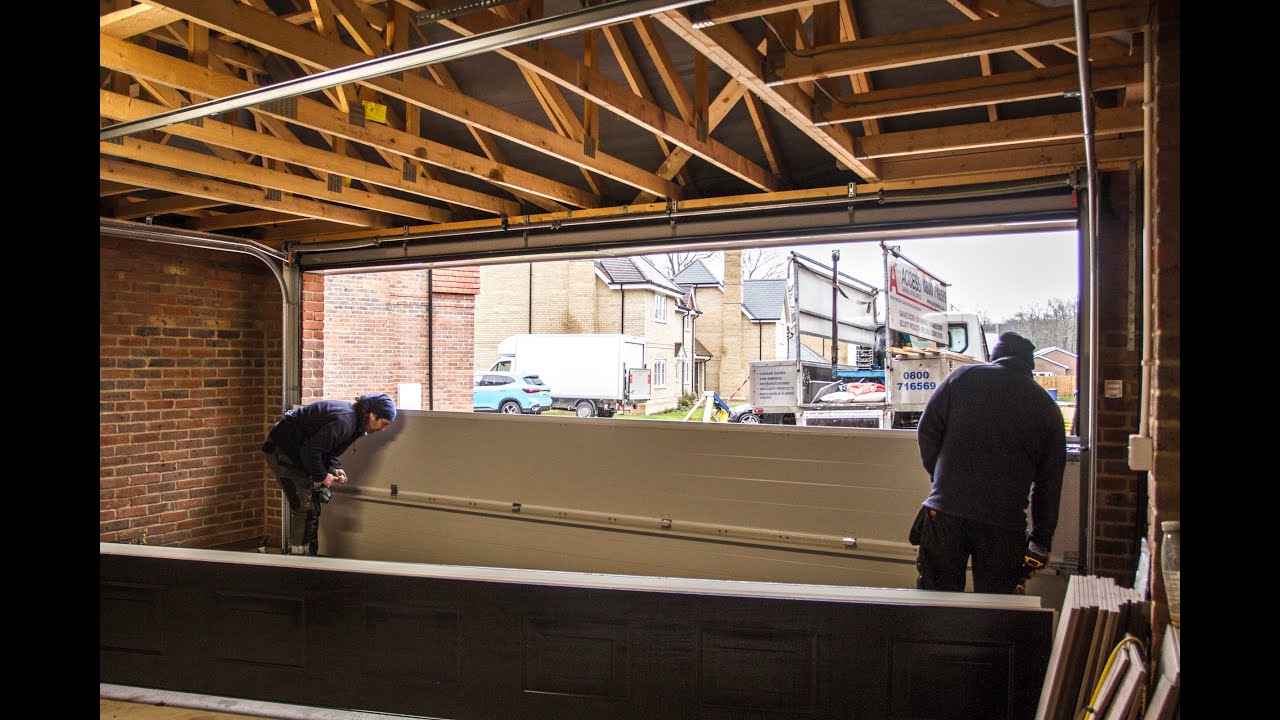
Garage Doors and Parts – Transforming garage doors into energy-efficient barriers is a growing trend in home improvement. Insulated garage door panels not only reduce energy loss but also minimize noise pollution. With advances in materials and design, homeowners gain both comfort and savings. This article explores how modern insulation upgrades impact garage doors and overall home efficiency.
Garage doors often contribute to significant heat loss in homes. Using insulated panels improves thermal performance drastically. These panels trap heat during winter and keep the interior cool in summer. This reduces the load on heating and cooling systems. As a result, homeowners save on utility bills over time. Insulation also prevents drafts and moisture buildup near the garage area. Additionally, insulated panels help lower external noise, creating a quieter living space. The combination of energy efficiency and noise reduction makes these panels highly desirable.
“Read about: Garage Glow-Ups: Social Media Fuels DIY Renovation Trends”
Several materials serve as insulation in garage door panels. Polyurethane foam is a popular choice for its high R-value and durability. Polystyrene foam also offers good insulation but is less dense than polyurethane. Reflective insulation layers can be added to panels to block radiant heat. Modern designs often include weather stripping to seal gaps effectively. These technologies work together to maximize the door’s energy-saving capabilities. Manufacturers constantly innovate to produce lighter, stronger, and more efficient insulated panels.
“Read more: Lahore’s Culinary Showcase: PICC 2025 Brings Together World-Class Talent”
Installing insulated garage doors directly affects home energy efficiency. Energy loss through an uninsulated garage door can reach up to 15%. With proper insulation, this percentage drops significantly. This keeps temperature fluctuations in the garage and adjacent rooms minimal. HVAC systems require less effort to maintain comfortable indoor climates. This lowers carbon footprints and reduces energy consumption overall. Besides savings, improved energy efficiency increases the home’s resale value. More buyers seek homes with energy-efficient features, including insulated garage doors.
Beyond energy savings, insulation helps reduce unwanted noise. Urban and suburban areas often experience traffic and neighborhood sounds. A well-insulated garage door can dampen these external noises. This creates a peaceful environment for families and pets inside the house. Noise reduction is especially important if the garage serves as a workshop or recreational area. Enhanced comfort indoors contributes to better living quality. Homeowners appreciate quieter spaces for relaxation and productivity.
Proper installation ensures the maximum benefits of insulated panels. Professional installers assess the door frame, seal any leaks, and fit the insulation correctly. Homeowners should check for damaged seals or panels regularly. Cleaning and lubricating door components help maintain smooth operation. Replacing worn weather stripping prevents energy loss and moisture intrusion. Choosing insulated panels compatible with existing garage door models simplifies installation. Well-maintained insulated garage doors continue to deliver energy and noise benefits for years.
Innovation continues in the field of garage door insulation. Smart materials that adapt to temperature changes are under development. Solar-reflective coatings may reduce heat absorption during hot months. Integration with smart home systems could monitor insulation performance remotely. Eco-friendly and recyclable insulation materials are gaining popularity. These trends reflect a commitment to sustainability and efficiency in residential construction. The future promises even more effective solutions for transforming garage doors into energy-efficient barriers.
This website uses cookies.